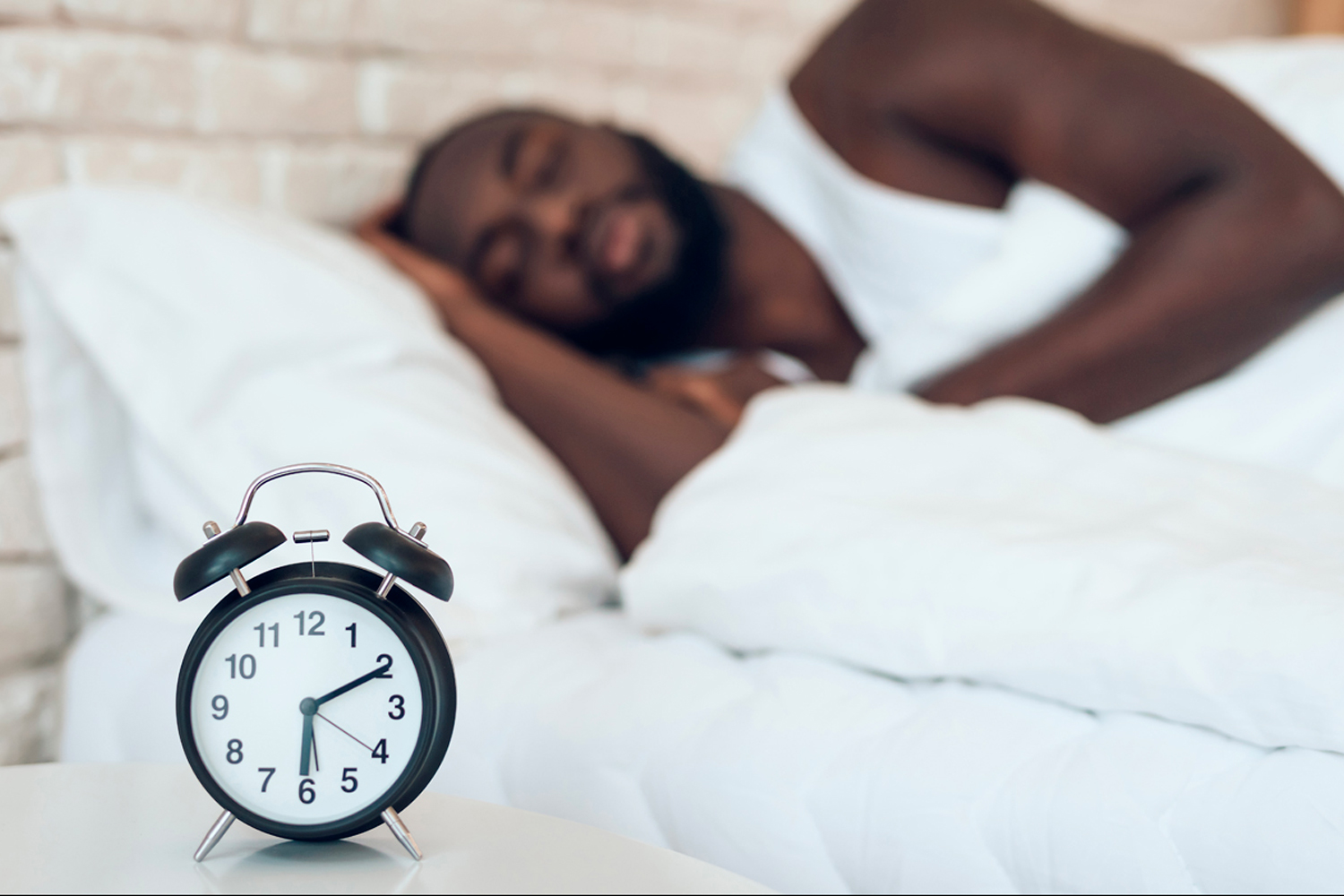CANCER TREATMENT COMMONLY CAUSES SLEEP ISSUES, such as insomnia, trouble falling asleep and staying asleep, and sleeping for too long or too short a time. This can lead to fatigue and lower quality of life.
Before trying sleep medication, psychologist Jennifer Steel recommends adjusting your sleep habits. Some sleep medications can be physically addictive, and they often increase the risk of falls, especially in older adults. If you feel medication is needed to get your sleep cycle back on track, speak with your medical team and only take it for a short period of time.
Sleep problems come in different forms. Chemotherapy and surgery can cause fatigue, which often leads to daytime napping. But napping may make it difficult to sleep at night, says psychologist Jennifer Steel, a sleep and cancer expert at the University of Pittsburgh. Steroids can cause trouble falling asleep, as can the anxiety that frequently accompanies a cancer diagnosis. In contrast, cancer-related depression can lead to awakening early in the morning. Pain from treatment or the cancer itself can also disturb sleep.
Although sleep troubles can lead to fatigue, they’re also linked to graver risks in people with cancer. Sleeping less than six hours or more than 10 hours per day is associated with poorer survival, Steel says.
Loved ones should follow healthy sleep habits to improve their own slumber.
It’s not just cancer patients who experience sleep difficulties. Caregivers often have disturbed sleep, especially if they share a bed with the person who has cancer. Often one’s sleep issues will interrupt the other’s rest. Psychologist Jennifer Steel recommends that caregivers follow healthy sleep habits both in solidarity with the person who has cancer and to improve their own slumber. This is particularly important because some caregivers are at increased risk for cardiovascular disease, and there is some evidence that proper sleep can decrease this risk.
To improve sleep, end your screen time an hour before bed; instead of checking your phone or watching TV, listen to a podcast or read a book. While sleeping, the bedroom should be dark, a comfortable temperature and quiet, Steel says. Avoid smoking, caffeine and alcohol before bedtime, and only use the bed for sleep and sex. Avoid naps and wake up and go to bed at the same time every day to maintain a good sleep-wake cycle.
If you’re having trouble falling asleep, Steel recommends moving your clock away from the bed so you can’t fixate on the time. But if you can’t fall asleep within a half hour or so, get up and spend 20 minutes doing something relaxing such as reading or listening to calming music before returning to bed.
If you often wake up in the middle of the night, try to identify what’s rousing you. It may be a pet, a bed partner or needing to use the restroom. Once you identify the issue, you can work toward a solution.
Cancer Today magazine is free to cancer patients, survivors and caregivers who live in the U.S. Subscribe here to receive four issues per year.





